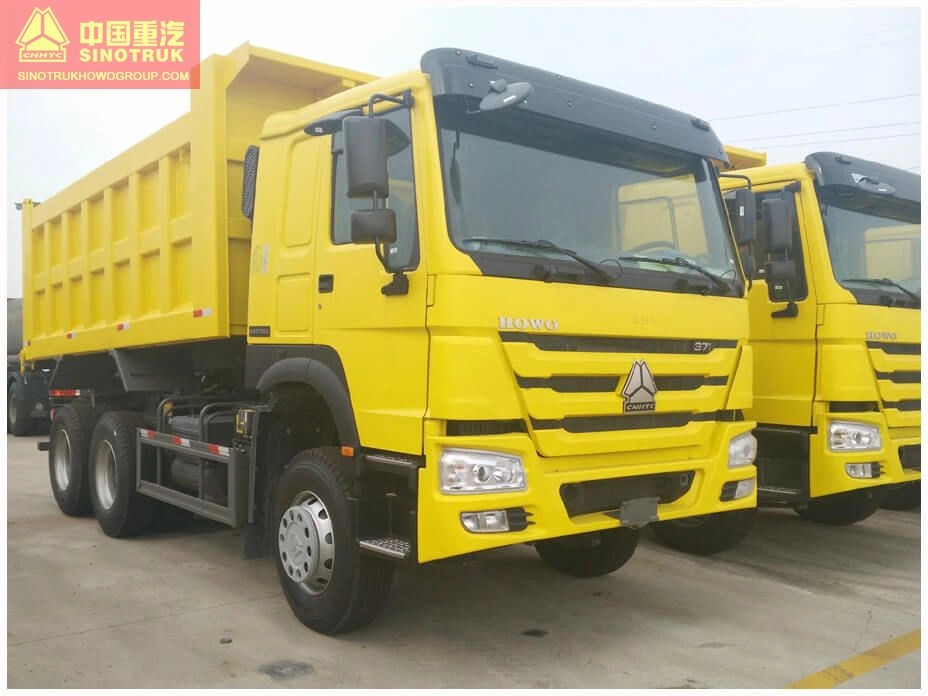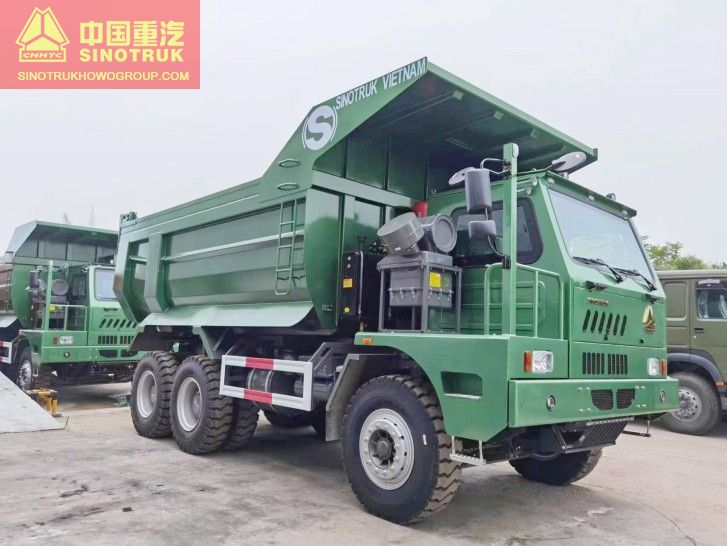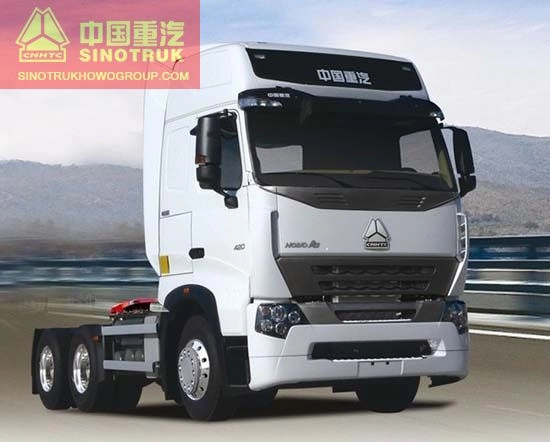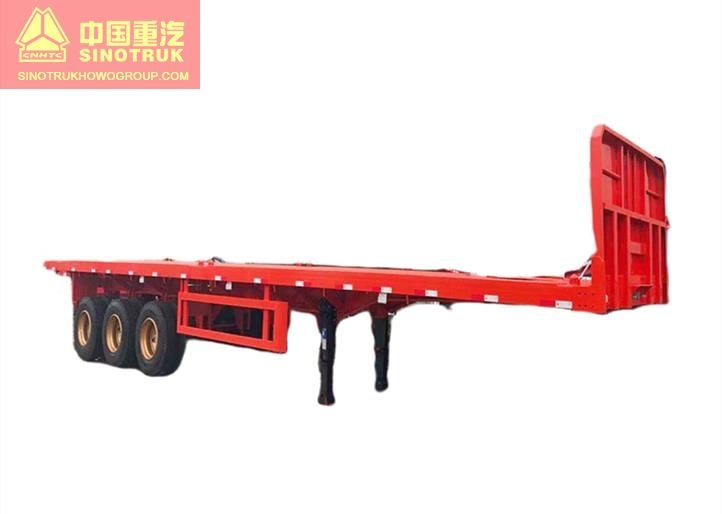china manufacturer,china manufacturer website
- Release time:05-06-2024
- Source:Sinotruk HOWO
Catalog overview:
Trucking Industry in China: A Manufacturing Perspective
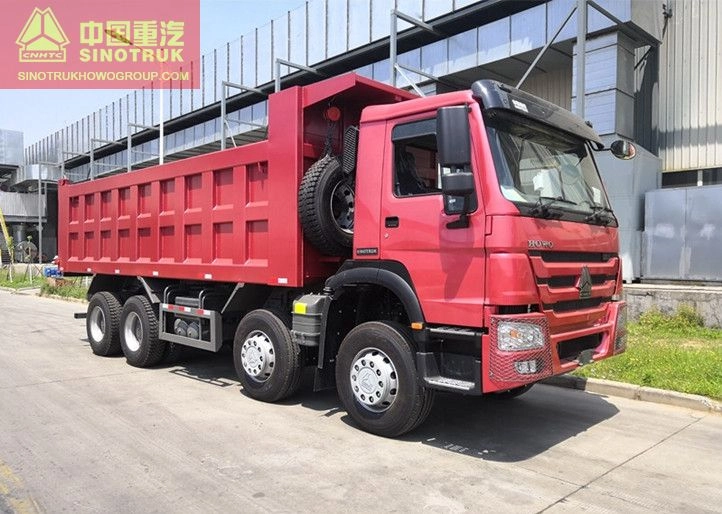
The Chinese manufacturing sector, a global powerhouse, has a significant influence on the global trucking industry. With a robust domestic market and a capacity for large-scale production, China manufacturers have reshaped the landscape of heavy-duty vehicles, particularly trucks. This article delves into the intricacies of Chinese truck manufacturing, its technological advancements, environmental considerations, and the global impact.
1. Technological Advancements in Chinese Truck Manufacturing
Chinese manufacturers, such as Sinotruk and FAW, have been at the forefront of innovation. They have embraced electric and hybrid technologies, reducing carbon emissions while enhancing efficiency. For instance, Sinotruk's electric trucks, equipped with advanced battery systems, offer a viable solution for sustainable urban logistics. This shift towards greener alternatives not only aligns with China's commitment to reducing pollution but also positions Chinese manufacturers as global leaders in eco-friendly transportation.
2. Quality and Reliability: The Hallmarks of Chinese Trucks
Chinese manufacturers have made remarkable strides in improving the quality and reliability of their trucks. FAW's Jiefang series, for example, is known for its durability and high performance, reflecting the industry's commitment to meeting international standards. These advancements have led to increased exports, with Chinese trucks now operating in various countries, from Africa to Latin America, testament to their global appeal.
3. Environmental Regulations and Compliance
In line with the Chinese government's stringent emissions regulations, manufacturers have been compelled to adopt cleaner technologies. The China VI emission standards, equivalent to Euro VI, have driven the industry to develop low-emission engines. Companies like Dongfeng Motor have responded by introducing trucks with advanced emission control systems, demonstrating the sector's ability to adapt and comply with environmental policies.
4. Global Impact and Market Competition
Chinese manufacturers' competitive pricing and technological advancements have disrupted the global truck market. Companies like Volvo and Daimler have formed joint ventures with Chinese manufacturers to tap into their production efficiency and cost-effectiveness. This collaboration has fostered knowledge transfer, benefiting both Chinese and international players.
The Future of Chinese Truck Manufacturing
China's truck manufacturing industry, with its focus on innovation, quality, and environmental sustainability, is poised for continued growth. As the world shifts towards cleaner transportation, Chinese manufacturers are well-positioned to lead the charge. Their ability to adapt, innovate, and compete on a global scale indicates a promising future for the sector. With ongoing investments in research and development, Chinese trucks are set to shape the industry's trajectory, ensuring efficiency, reliability, and sustainability remain at the heart of their operations.
china manufacturer website
Introduction to Chinese Truck Manufacturers
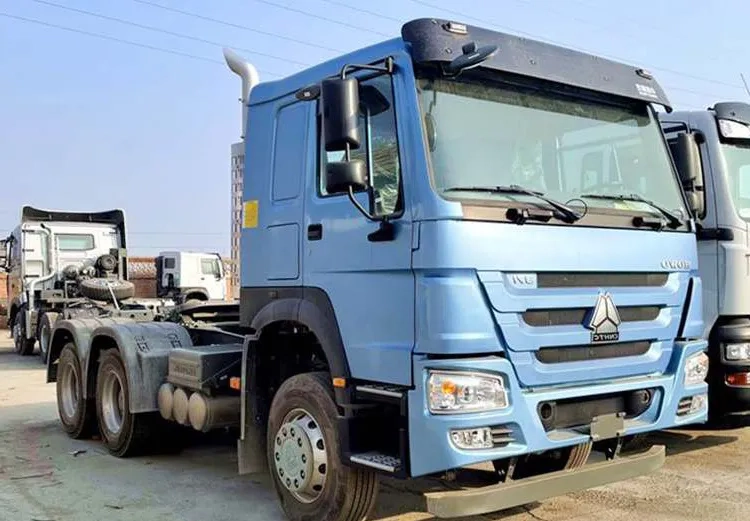
Chinese truck manufacturers have been making significant strides in the global automotive industry, offering a diverse range of high-quality, cost-effective, and technologically advanced vehicles. With a focus on innovation and efficiency, these companies are reshaping the market and providing solutions for various transportation needs.
1. Leading Chinese Truck Brands
Key players in the Chinese truck manufacturing scene include Sinotruk, FAW, Dongfeng, and陕汽. These brands have established themselves as major global competitors with a strong presence in both domestic and international markets. For instance, Sinotruk, known for its heavy-duty trucks, has expanded its reach in Africa, Southeast Asia, and Europe, while FAW, one of the oldest automotive manufacturers in China, collaborates with international giants like Toyota and Volkswagen.
2. Advanced Technology and Sustainability
Chinese manufacturers are investing heavily in research and development to enhance their products' fuel efficiency, safety, and environmental friendliness. Dongfeng, for example, has introduced electric and hybrid trucks, contributing to the global shift towards sustainable transportation. Their commitment to electric vehicles (EVs) demonstrates a proactive approach to meeting emissions reduction targets.
3. Customization and Flexibility
One of the strengths of Chinese truck manufacturers is their ability to cater to diverse customer needs. They offer a wide range of models, from light-duty to heavy-duty trucks, and can customize vehicles for specific industries or applications. For instance,陕汽's customizable heavy-duty trucks are tailored for construction, mining, and logistics sectors, ensuring optimal performance in various operating conditions.
4. Quality and Reliability
Chinese manufacturers have made significant strides in improving build quality and reliability, erasing the perception of low-quality products. They adhere to stringent quality control standards, ensuring their trucks meet international safety and performance benchmarks. FAW, for example, has received numerous quality awards, a testament to its commitment to excellence.
The Future of Chinese Truck Manufacturing
Chinese truck manufacturers are not only expanding their global footprint but also redefining the industry with cutting-edge technology and sustainable practices. As they continue to innovate and refine their offerings, these companies are poised to play a pivotal role in shaping the future of global transportation. With a focus on customer satisfaction, quality, and environmental responsibility, Chinese truck manufacturers are set to be major forces in the industry for years to come.
china manufacturing pmi
Truck Industry in China: A Key Player in Manufacturing PMI

The Chinese Truck Industry, a vital segment of the country's Manufacturing Purchasing Managers' Index (PMI), plays a pivotal role in the overall economic landscape. The PMI, a widely-tracked indicator of manufacturing activity, reflects the health of the sector by gauging factors such as new orders, production, employment, and supplier deliveries. In the context of trucks, this translates to the demand for transportation, manufacturing output, and supply chain efficiency.
Truck Demand: A Proxy for Manufacturing Activity
An increase in the demand for trucks often signals a robust manufacturing sector. For instance, when factories are bustling with production, they require more vehicles to distribute goods, boosting the demand for commercial vehicles. According to a report by China Association of Automobile Manufacturers (CAAM), in 2021, heavy-duty truck sales hit a record high, reflecting the strong recovery of China's manufacturing sector post-pandemic.
Supply Chain Efficiency and Trucking
The PMI also highlights the efficiency of supply chains, which are integral to the truck industry. Timely deliveries of raw materials and finished goods depend on a well-functioning transportation network. Trucks, as the backbone of this network, contribute significantly to the PMI's supplier delivery times index. A shorter delivery time indicates a more efficient supply chain and a healthier manufacturing sector.
Policy Impacts and Industry Transformation
Chinese government policies, such as the push for electric vehicles (EVs) and stricter emission standards, are reshaping the truck industry. The introduction of the "New Energy Vehicle" policy has driven the development of electric trucks, contributing to a cleaner and more sustainable manufacturing sector. This transition is reflected in the PMI through changes in production and new orders for eco-friendly vehicles.
Challenges and Opportunities
Despite the growth, the industry faces challenges like overcapacity, rising fuel costs, and the ongoing shift towards electric vehicles. these challenges present opportunities for innovation and technological advancement. For instance, the adoption of autonomous driving technology could potentially improve fleet efficiency and reduce operational costs.
A Resilient and Evolving Industry
the Chinese truck industry, as a critical component of the Manufacturing PMI, is a barometer of the nation's economic health. Its resilience in the face of challenges, along with its adaptation to policy changes and technological advancements, underscores the dynamism of China's manufacturing sector. As the industry continues to evolve, it is poised to contribute significantly to the PMI and the broader economy, reflecting the country's commitment to sustainable and efficient growth.




